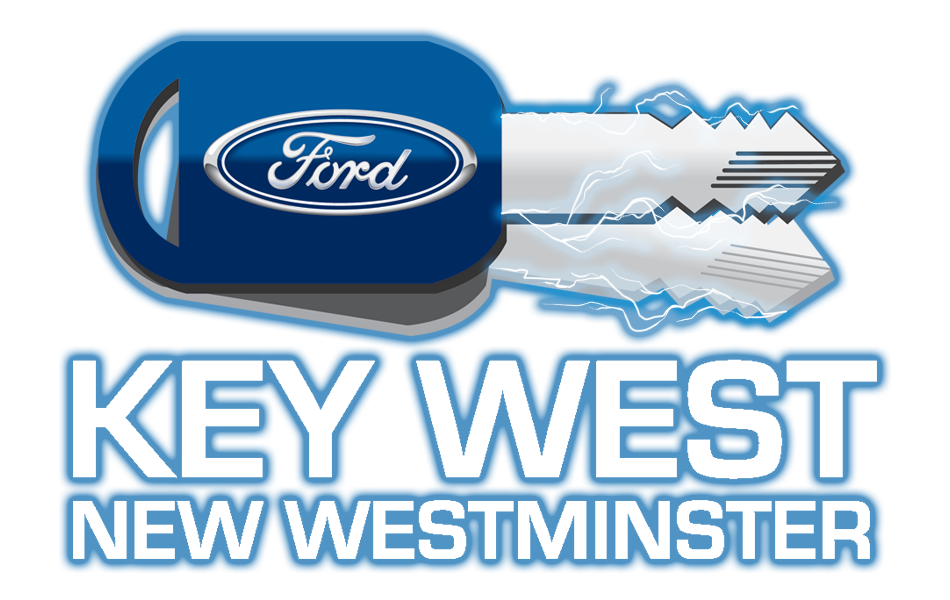British Columbians will soon have the ability to travel the entire province in electric vehicles (EVs), thanks to the completion of B.C.’s “Electric Highway.” This comprehensive network of public EV fast-charging stations, placed approximately 150 kilometres apart, will span the province from Alaska to the west coast of California. The network is set to be fully operational by September 2024, making clean-energy travel more accessible than ever.
The Electric Highway is a key component of the Province’s CleanBC initiative, providing 155 charging sites with over 310 fast chargers, including Level 2 options at some locations. This will alleviate “range anxiety,” ensuring EV drivers can travel across B.C. with confidence, knowing a charging station is always nearby.
According to Josie Osborne, Minister of Energy, Mines and Low Carbon Innovation, the completion of the Electric Highway represents a historic milestone in supporting British Columbia’s transition to clean energy, especially as the province continues to experience the impacts of climate change.
By summer 2024, B.C. will have reached its goal of 10,000 public charging stations, a significant leap from the 5,300 available as of August 2024. This infrastructure will ensure EVs become a more practical and accessible option for individuals and businesses alike, contributing to cleaner air and lower greenhouse gas emissions.
Additional initiatives, like the GoElectric Home and Workplace Charger Program, are set to further enhance B.C.’s EV infrastructure. With a $14-million investment, this program will help install chargers in homes and workplaces across the province, making the shift to electric transportation even easier.
Furthermore, BC Hydro plans to introduce 400 kW charging stations, capable of providing 100 kilometres of charge in just two to three minutes, starting next year.
With partnerships involving utilities, local governments, Indigenous communities, and the private sector, the Electric Highway is a collaborative effort to drive the future of clean energy in British Columbia. Notably, communities like Iskut and the Gitanyow Hereditary Chiefs are playing key roles in this development, promoting environmental stewardship and clean energy initiatives.
As EV sales in B.C. soar—23% of light-duty vehicle sales in 2023 were EVs—the Electric Highway is poised to support this growth, reducing pollution and providing long-term savings for drivers. The completion of the Electric Highway represents a bold step toward a sustainable future for British Columbia.
